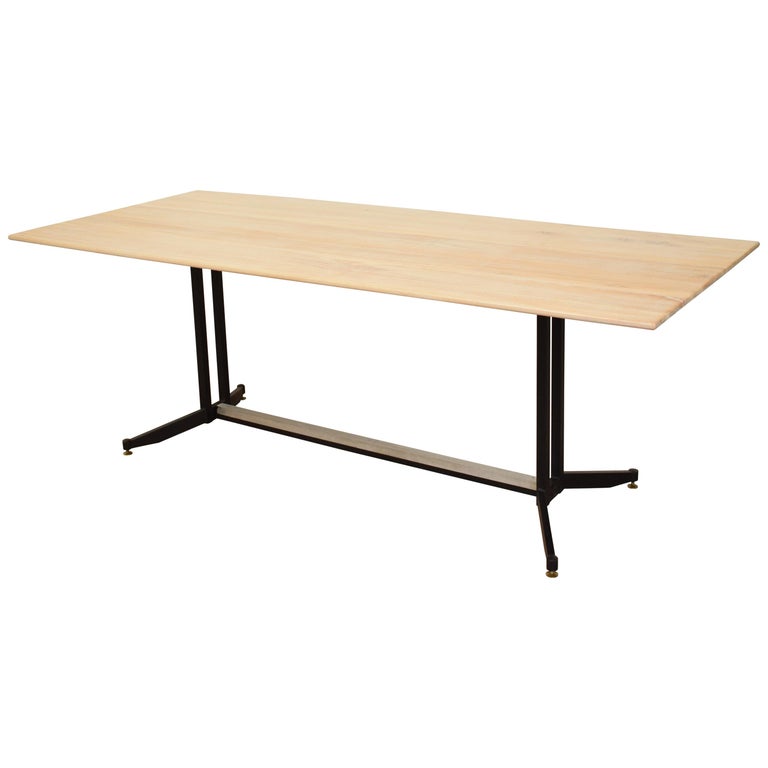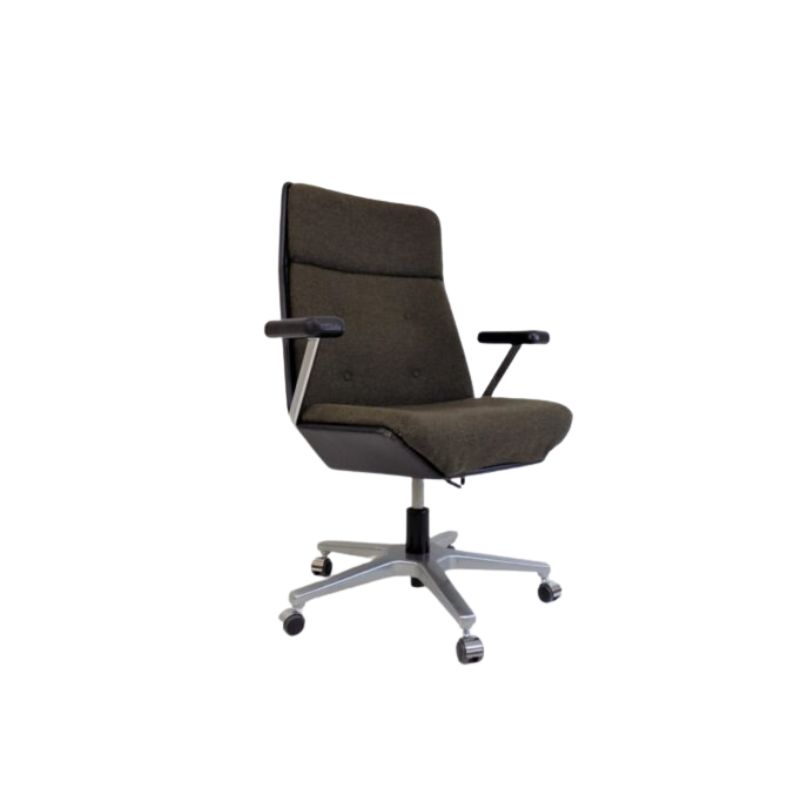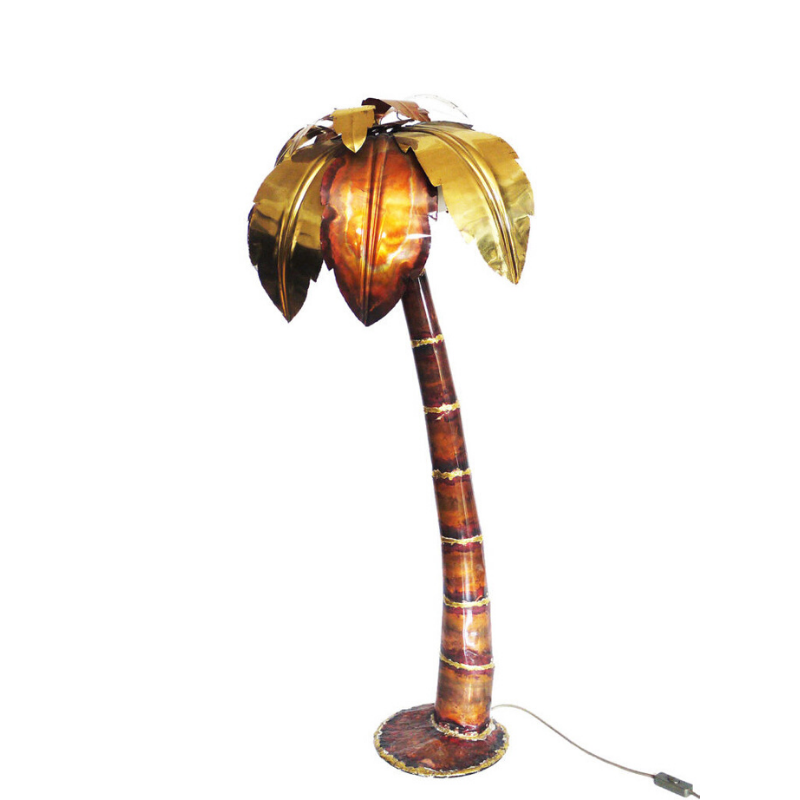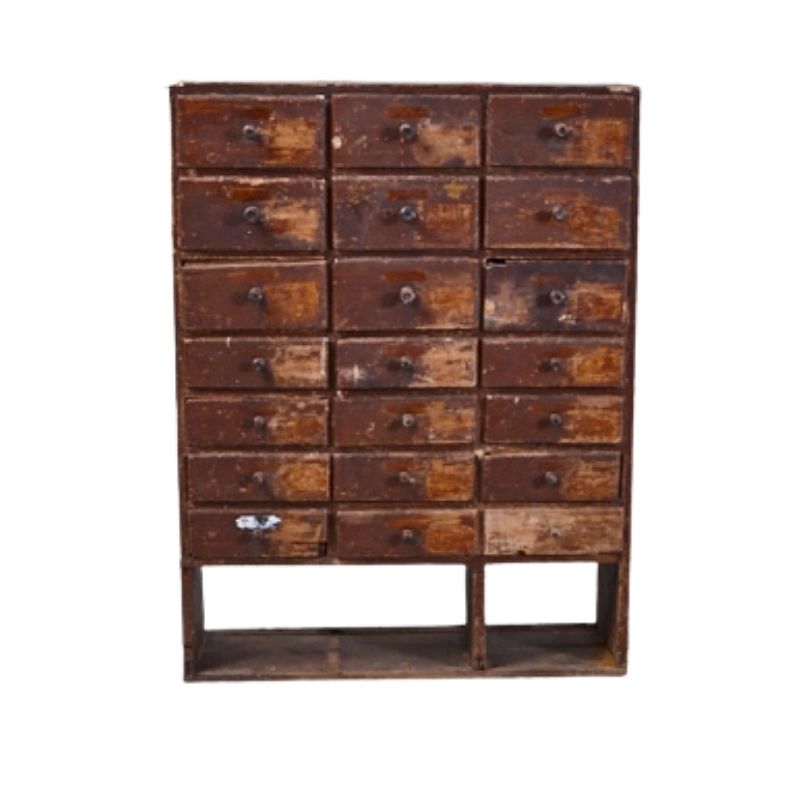not sure stupid statement is the right way. There are several levels of manufacturning and I think this piece does not reach the top of what cabinetmakers have done during that period, so in that respect it is mediocre. There are sideboards with dovetails, see some examples from that company Leif posted the catalogues some time years ago. After all, everybody can appreciate a piece in a different manner, and probably y you have seen other details I can't appreciate from the pictures. With no doubt it's a nice piece.
You are surely right to consider it amazing on the light of what people produce these days.
@thomaslitt No offense and no offense taken. I did indeed misunderstand your question but as I said, it wouldn’t be the first time that the DFI misinterpreted the info given in Mobilia. Mobilia was indeed quite reliable.
"People buy a chair, and they don't really care who designed it." (Arne Jacobsen)
There are quite a few ways that a case piece can be exceptional. Having a solid wood case is one of them (which I personally like), but that does not mean that veneer case pieces are inferior. And a huge amount of the development of Danish Modern has everything to do with case pieces that use veneer. If you look at the Mogens Koch for Rud. Rasmussen wall system you will notice that the doors have a distinctly traditional look and the reason for this is that they are solid wood and to deal with wood movement they have to be designed with small panels of solid wood floating in frames. This was not an aesthetic choice, but rather a requirement based on the material.
The various options with large uninterrupted doors on case pieces are therefore made possible by dimensionally stable substrates, especially particleboard, with veneer over them.
So there is a real sense in which the possibilities of veneer were what allowed for part of the aesthetic “look” of danish modern.
Sorry to dig up an old one, but I am searching for something else and keep coming across posts I have a comment to lend...
@thomaslitt you are being kind of a jerk in your responses, but maybe that is due to English being a second language. I am not sure what Mobilia issue you are referring to, but I recently notice in my No. 71 June 1961 vol VI, the following ad for Bruno Hansen case piece by H Kaernulf. This is clearly not the same piece, but has the exact same leg design detail. Take from it what you will. Mobilia has mistakes in it, but they are rare and far and few between. The DFI on the other hand, is less trustworthy in my opinion, since it is all human transcribed from other sources and mistakes were easy to make.

If you need any help, please contact us at – info@designaddict.com










